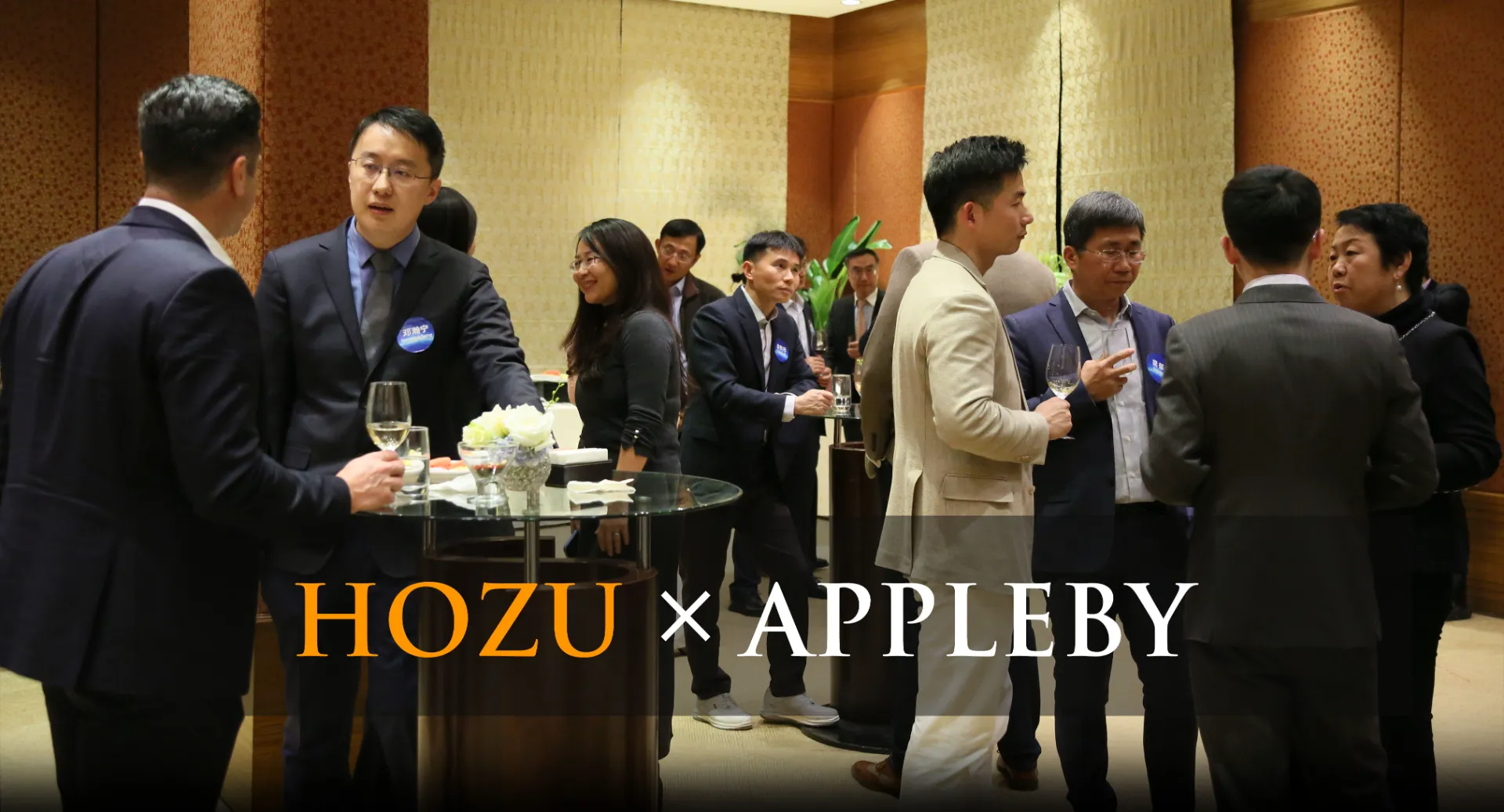News Details
HOZU Capital Joins Top Chinese Law School Symposium to Discuss Third-Party Funding's Legality and Costs with Asia's Leading Arbitration Institutions, Judiciary, Academia, and Industry Leaders
On March 21, 2025, HOZU was invited to participate in the third quarterly symposium hosted by the Arbitration Institute of China University of Political Science and Law (CUPL) on the Chiness Third-Party Funding Practice and Rulemaking. HOZU’s Co-Founder, Jialu Wang, and Senior Counsel, Ning Fei, spoke at the event. The symposium brought together more than 30 leading practitioners, experts, and scholars from the Chinese judiciary, arbitral institutions, universities, and the third-party funding (TPF) industry.
View from the Institution
Xinli Du, Director of the CUPL Arbitration Institute, moderated the first session of the symposium, introducing four key themes: (1) disclosure of TPF arrangements in arbitration, (2) TPF-related conflicts of interest challenges in funded cases, (3) institutional practices and rule-making on TPF in China and beyond, and (4) judicial review of TPF-related arbitral awards in China.”
Speakers from SHIAC, BAC/BIAC, SHAC, CIETAC, HKIAC, SIAC, SCIA, and the Beijing International Commercial Court shared perspectives on the legality of TPF in China, disclosure of TPF in arbitration, tribunal-ordered security for costs in funded cases, allocation of funding-related expenses among the parties, and regulation over funders’ conduct in the course of arbitration.
View from the Claimant, Funder, and Law Firm
Jialu Wang, HOZU’s Co-Founder, moderated the second session, emphasizing that the global TPF industry is trending towards healthy competition and that China should also strive to further develop its own TPF industry at a steady, orderly pace. Ning Fei, HOZU’s Senior Counsel, also spoke during the discussion.
Other than HOZU, representatives from Peking University and Shandong University, the All-China Lawyers Association, the CUPL Arbitration Institute, multinational corporations including Syngenta Group China, and top PRC law firms such as Jingtian & Gongcheng and Duan & Duan offered both theoretical insights and practical perspectives on the legality of TPF in China, TPF’s disclosure in China, the issue of security for costs, and allocation of TPF costs in arbitration proceedings.
Four Key Takeaways
Legality of TPF in China: The participants reached consensus that, unlike common law systems, where doctrines of champerty and maintenance limit TPF, Chinese law contains no comparable prohibitions. With no statutory ban and consistent recognition in both arbitral and judicial practice, the legality of TPF in China is not in question.
TPF’s Disclosure in the Arbitration: The participants unanimously agreed that, although funders are not parties to the arbitration, their direct interest in the outcome makes disclosure necessary to safeguard the arbitral tribunal’s independence and impartiality. Disclosure should be a duty of the parties, and tribunals should be equally empowered to require it.
Security for Costs in Funded Cases: On security for costs, participants noted that while funded parties may sometimes be unable to meet adverse costs—especially if funding agreements exclude such liabilities—TPF is often used for strategic financial reasons and does not necessarily indicate a claimant’s inability to pay. Therefore, tribunals should not order security for costs solely based on a party’s use of TPF. Nonetheless, tribunals should have apparent authority to order security for costs when appropriate.
Allocation of TPF Costs: Regarding whether TPF returns constitute arbitration costs that may be awarded, participants discussed three perspectives: (1) such costs do not qualify as arbitration expenses and should be borne solely by the funded party; (2) they may be apportioned by the tribunal based on the principle of reasonableness; and (3) they are comparable to attorney’s fee, and may be allocated by the tribunal as long as they are foreseeable.





